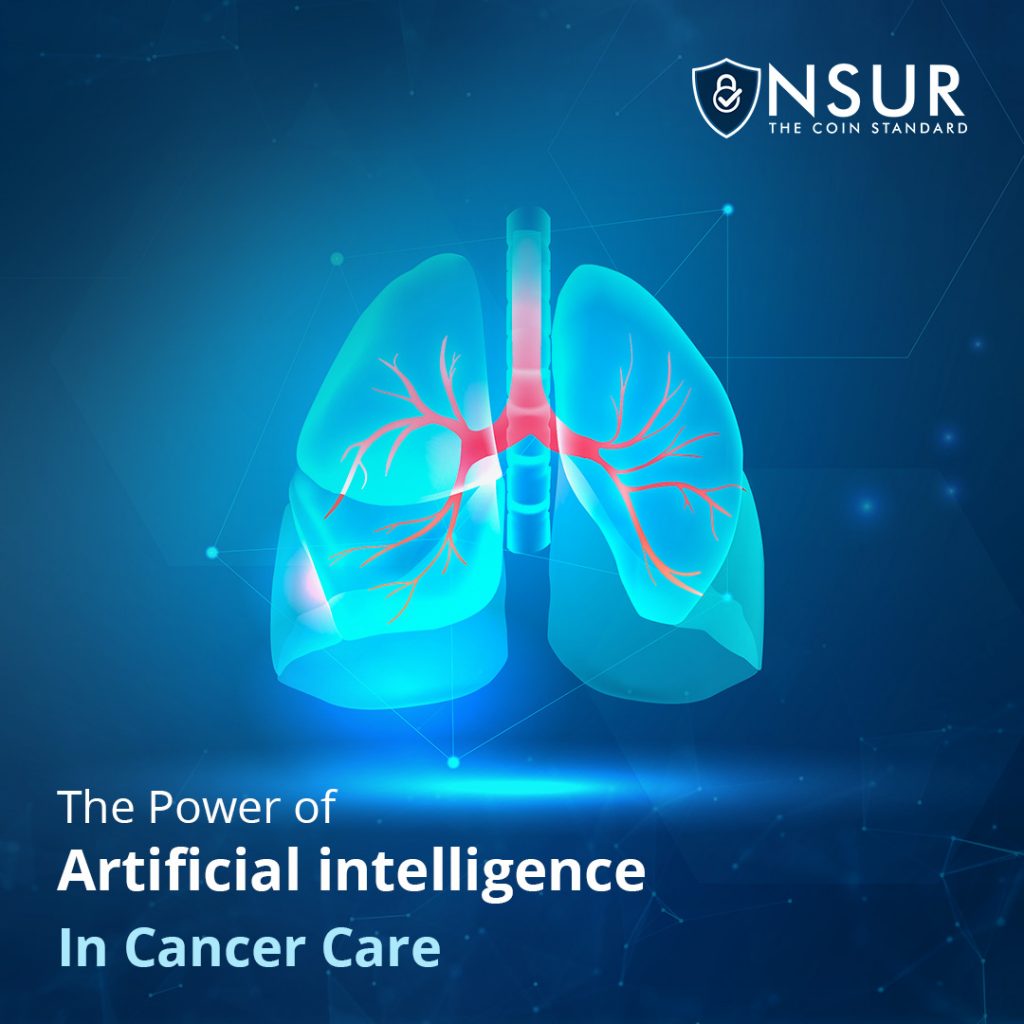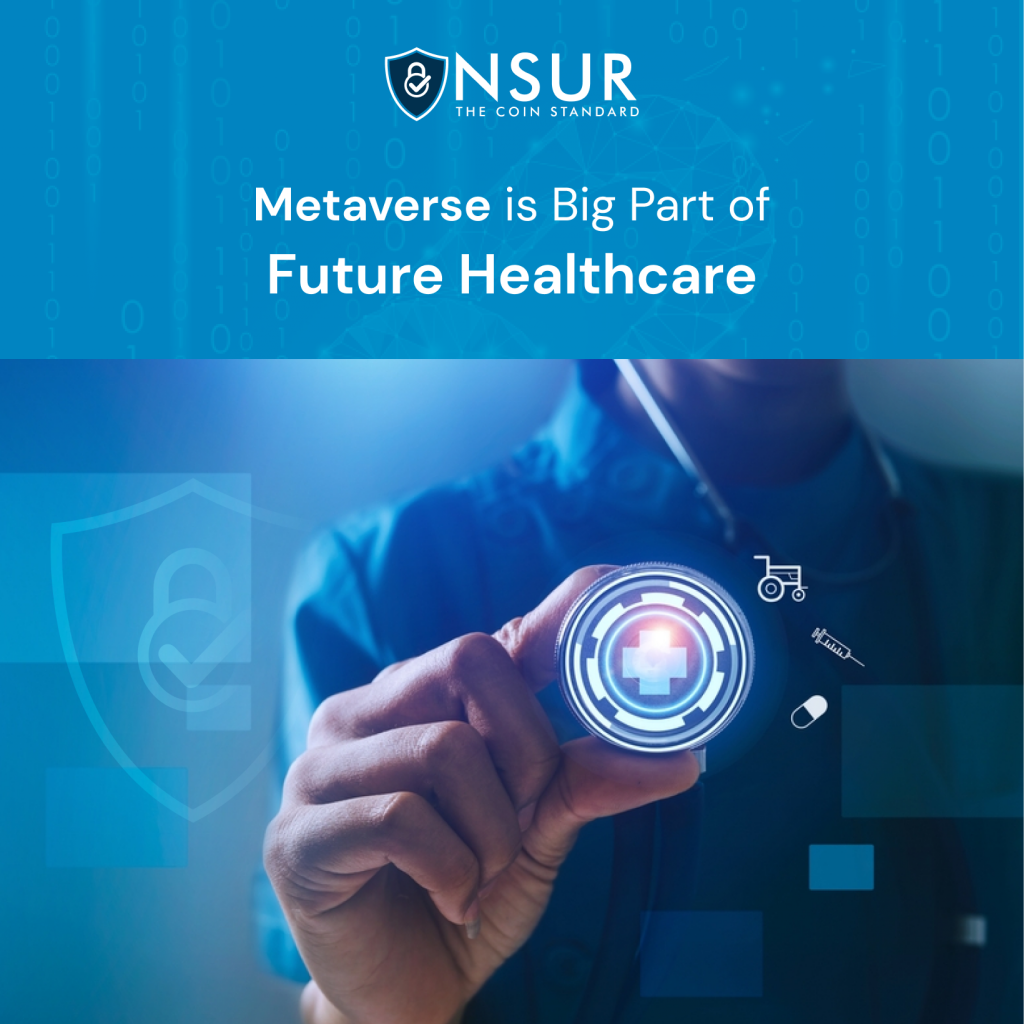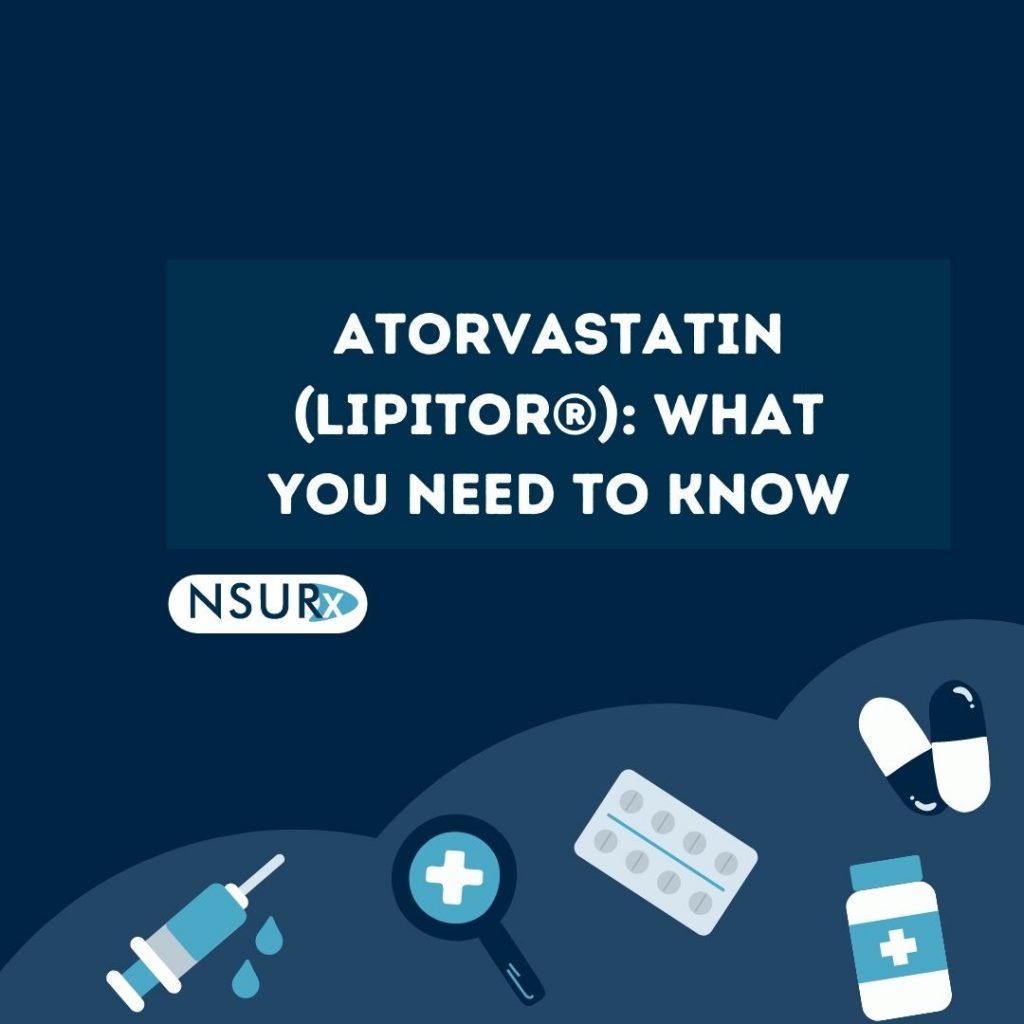
Cancer is a complex and multifaceted disease that is difficult to treat, but artificial intelligence (AI) has the potential to detect and treat cancer. AI can be used to analyze large amounts of data to help predict a person’s response to certain medications or treatments. It can also be used to suggest new therapies for patients who have never taken part in clinical trials.
By implementing artificial intelligence into cancer care, machine learning tools can detect, assist in decision-making, and recommend treatment approaches.
The methodology of cancer treatment has been a highly individualized process for many years. While there are many factors that influence how each patient responds to treatment, there is no one-size-fits-all solution.
As technology advances, new tools are being developed so that patients have access to more information about their own treatment options and outcomes. These technologies allow doctors to make more informed decisions about their patient’s health outcomes based on real-time data, rather than relying on old methods that may not be as accurate or reliable.
National Cancer Institute researchers believe artificial intelligence (AI), machine learning, and deep learning are all valuable tools for improving cancer care.
Deep learning and machine learning must be understood as essential components of determining AI. Machine learning refers to a method of allowing a machine to learn and improve patterns, while deep learning refers to a method of utilizing complex and deep networks to predict the future. Artificial intelligence is revolutionizing the way cancer patients are managed by combining machine learning and deep learning.
Let us look at a few Artificial intelligence (AI) applications in cancer care.
Radiology and Pathology
Radiology and pathology are two medical contexts where artificial intelligence has great benefits. AI algorithms, and in particular deep learning algorithms, play an increasingly important role in radiology, including disease classification, detection, segmentation, characterization, diagnosis, and monitoring of imaging data collected during routine cancer care. For example, many practices are now using AI-based models routinely within breast imaging and clinically.
Several AI-based algorithms are being employed in oncologic imaging analysis to improve diagnoses and workflow efficiency with applications from research to clinical practice.
Several start-ups are developing an AI-driven pathology diagnostic platform that offer a user interface for analyzing high-resolution digital samples, a tool for reporting results, and a decision support tool. PATHOPLATFORM is one such AI-based pathology that helps in making the diagnosis faster in cancer care.
Acknowledging Therapy
A computer algorithm can predict treatment responses based on tumor (cancer cyst) elements obtained from radiologic images. In the case of treatments that are expensive, such as immunotherapy, or chemotherapy, individual patient reactions can be predicted, which may help guide patient care decisions and allow for more effective use of healthcare resources. The use of artificial intelligence can assist in guiding discussions on the risks and benefits of various treatment modalities, as well as making it easier to customize radiation therapy doses to individual patients.
Electronic Health Records (EHRs)
In addition to improving clinical care, Electronic Health Records (EHRs) data are increasingly used in developing prediction models for patients with cancer, diabetes, and other chronic conditions. In terms of functionality, AI-powered EHR systems can offer a wide range of solutions.
A variety of tasks can be accomplished using machine learning (ML) and natural language processing (NLP), including the recording of patient medical experiences, storing, retrieving important EHR documents from large EHR data banks, assessment of patient satisfaction, among many other things. Additionally, transcribing voice recognition system speech into text can be made easier with ML models and NLP.
The algorithms work best on large volumes of non-individualized patient data about the condition, treatment equipment, doctor, etc., which are segmented by the patient, illness, and treatment. By segmenting the data in this way, large databases will become easier to search for relevant information.
There are also applications of AI in EHR for data extraction, predictive analysis, clinical documentation, and locating medical records faster using color-coded notes, decision support, and predicting patient risk.
AI in cancer research
Several cancer research processes can benefit from artificial intelligence, including drug discovery and patient selection. Cancer drug development, as well as preclinical research, drug testing, and predicting suitable therapies, are made easier with artificial intelligence.
Closing Thoughts
Artificial intelligence has the potential to revolutionize cancer care by providing doctors with tools to expedite diagnosis, reduce unnecessary surgeries and improve treatment outcomes. In the last decade, AI has made significant strides in several areas such as radiology, pathology, onco therapies, and many more. It has become increasingly common for companies to use machine learning algorithms to collect data from their customers and use it to improve their products and services.
AI will undoubtedly play a key role in automating and improving clinical processes as they become more automated and efficient.










